Table of contents
- What Are Serotonin and Dopamine?
- How Does THC Affect the Dopamine System?
- How Does THC Influence Serotonin?
- What Role Does the Endocannabinoid System Play?
- Does THC Increase Dopamine Levels Permanently?
- How Does THC Affect the Developing Brain?
- What Do Studies Show About Dopaminergic and Serotonergic Changes?
- Can THC Support Mental Health or Mood Disorders?
- What Are Safer Ways to Experience THC's Benefits?
- What Is the Connection Between THC and Dopamine in Addiction?
- Conclusion: What Does This Mean for You?
- Works Cited
Understanding how THC affects our brain's chemistry is one of the most fascinating and important topics in medical research today. Cannabis, often called a widely used recreational drug, interacts with both serotonin and dopamine systems, which are key to regulating mood, motivation, and pleasure. But how exactly does THC exposure change these brain chemicals-and what does that mean for your mental health and well-being?
Let's explore the real science behind THC, dopamine, and serotonin, while learning how these interactions affect our mood, reward system, and even brain development.
What Are Serotonin and Dopamine?
To understand how THC impacts the brain, it helps to first know what serotonin and dopamine actually do.
- Dopamine is a neurotransmitter linked to motivation, pleasure, and reward. When you eat your favorite food or achieve something exciting, your dopamine neurons fire, releasing a sense of satisfaction.
- Serotonin helps regulate mood, sleep, and anxiety. Low serotonin levels are often connected to mood disorders like depression.
These brain chemicals work together to maintain emotional balance, but THC exposure can alter how they behave-sometimes in surprising ways.
How Does THC Affect the Dopamine System?
What Happens in the Brain After THC Exposure?
When someone uses cannabis, THC binds to cannabinoid receptors-particularly CB1 receptors-in various brain regions such as the nucleus accumbens, basal ganglia, and prefrontal cortex.
This binding process influences the dopaminergic pathways, leading to increased dopamine release in certain areas like the nucleus accumbens shell and limbic striatum. These are regions heavily associated with pleasure and reward.
Over time, repeated cannabis use may alter how dopaminergic neurons fire, potentially changing the brain's sensitivity to dopamine.Why Is Dopamine Important for Reward and Motivation?
The dopamine system plays a huge role in what we find rewarding. It helps drive:
- Motivation to pursue goals
- Enjoyment of pleasurable activities
- Reinforcement of learned behaviors
When THC exposure produces complex changes in dopaminergic function, it can lead to both positive effects (like relaxation and pleasure) and potential downsides (like reduced motivation or emotional flatness over time).
How Does THC Influence Serotonin?
Although THC is best known for its impact on dopamine, it also affects serotonergic transmission.
- Animal models show that acute THC can increase serotonin release in parts of the brain related to mood.
- Over time, however, chronic THC exposure may lead to lower serotonin activity, potentially influencing mood disorders or mental health concerns.
THC also affects enzymes like fatty acid amide hydrolase, which break down endocannabinoid ligands anandamide-a naturally occurring compound that interacts with serotonin receptors to promote well-being.
This explains why cannabis may produce both uplifting and calming effects depending on the dose, the person's chemistry, and the mechanisms underlying their synaptic signaling.
What Role Does the Endocannabinoid System Play?
The endocannabinoid system is a vast communication network that links the brain, immune system, and nervous system. It helps regulate mood, memory, appetite, and stress.
THC mimics the body's natural cannabinoids and binds to CB1 receptors in areas like:
- The medial prefrontal cortex (decision-making and emotion)
- The anterior cingulate cortex (emotional regulation)
- The basal ganglia (motor control)
- The nucleus accumbens (reward center)
When THC binds to these receptors, it can alter synaptic plasticity, retrograde suppression, and synaptic transmission, leading to both short-term pleasure and long-term adaptation in neuronal localization.
Does THC Increase Dopamine Levels Permanently?
Not exactly. While acute THC challenge can trigger increased dopamine release, this effect doesn't necessarily last. Human studies and functional magnetic resonance imaging (fMRI) scans reveal that frequent cannabis users often experience dopaminergic alterations-meaning the brain's reward response becomes less intense over time.
In treated rats, THC administration affected midbrain dopamine cells and reduced dopamine synthesis, indicating tolerance or adaptation. These findings help represent human patterns of long-term cannabis exposure.
In short, occasional use may boost dopamine temporarily, but repeated THC exposure can dull the brain's natural reward response.
How Does THC Affect the Developing Brain?
One of the key concerns in global mental health is how cannabis use impacts the developing brain, especially among young adults and teens.
The dopamine transporter and midbrain dopamine neurons are still maturing during adolescence. THC exposure during this critical period can disrupt synaptic signaling and brain development, potentially affecting:
- Emotional regulation
- Learning and memory
- Motivation and decision-making
This is why medical research emphasizes caution when it comes to early and repeated cannabis consumption.
What Do Studies Show About Dopaminergic and Serotonergic Changes?
Many animal models and human brain imaging studies have explored THC's effects on these systems:
- In vivo dopamine transmission experiments show that THC alters the timing of dopamine neuron firing.
- The MRC Clinical Sciences Centre and Imperial College London found that THC changes cerebral blood flow in areas involved in reward and emotion.
- The National Institute on Drug Abuse reports that THC exposure can cause dopaminergic alterations linked to mental illness or addiction in vulnerable individuals.
Despite these findings, THC is also being studied for its therapeutic benefits, including pain relief, treatment of multiple sclerosis, and mood regulation.
Can THC Support Mental Health or Mood Disorders?
Interestingly, moderate THC administration may have potential benefits for people with certain mood disorders or chronic stress.
When used responsibly, cannabis may:
- Help regulate glucose metabolism and brain energy use
- Promote relaxation and reduce anxiety
- Enhance synaptic transmission in mood-related regions
However, high doses or chronic use may worsen mental illness symptoms or interfere with dopaminergic function. Balancing THC use responsibly is key.
You can explore psychoactive cannabinoids that offer balanced formulations designed for relaxation and focus through Canapuff's premium collection.
What Are Safer Ways to Experience THC's Benefits?
THC affects everyone differently, and it's important to use it mindfully. At Canapuff, you can explore a variety of products crafted for different needs, including:
- Bestsellers - Top-rated THC and cannabinoid products
- For Relax - Soothing options to unwind and improve mood
Each product is designed to produce psychoactive effects safely while respecting your body's natural chemistry.
What Is the Connection Between THC and Dopamine in Addiction?
While THC is not as addictive as other illicit drugs, its effect on dopaminergic pathways can make it habit-forming in some individuals.
- The limbic striatum and nucleus accumbens are key reward centers.
- Repeated THC exposure may reduce natural dopamine release, leading to a need for higher doses to feel the same effects.
- Over time, this can influence behavioral reinforcement-a hallmark of drug abuse.
Understanding these mechanisms can help people use cannabis responsibly without risking dependence.
Conclusion: What Does This Mean for You?
So, does THC affect serotonin or dopamine?Yes-but the relationship is complex. THC exposure can temporarily boost dopamine levels and influence serotonin release, creating feelings of relaxation and euphoria. However, long-term or high-dose use may alter how these brain chemicals function, affecting motivation and emotional balance.
Responsible and mindful consumption-especially with quality products from trusted sources like Canapuff-can help you enjoy the benefits of THC while minimizing risks.
Ready to Explore THC Products Safely?
Discover thoughtfully crafted THC and cannabinoid products at Canapuff.com and experience the science of balance, relaxation, and well-being.
Works Cited
- Medical Research Council. THC and Brain Reward Pathways Study. 2023.
- National Institute on Drug Abuse. Marijuana Research Report. 2024.
- Imperial College London. Functional Brain Imaging of Cannabis Users. 2022.
- American Psychological Association. Cannabis and Mental Health. 2023.
- Journal of Neuroscience. Dopaminergic Alterations Induced by THC Exposure. 2022.




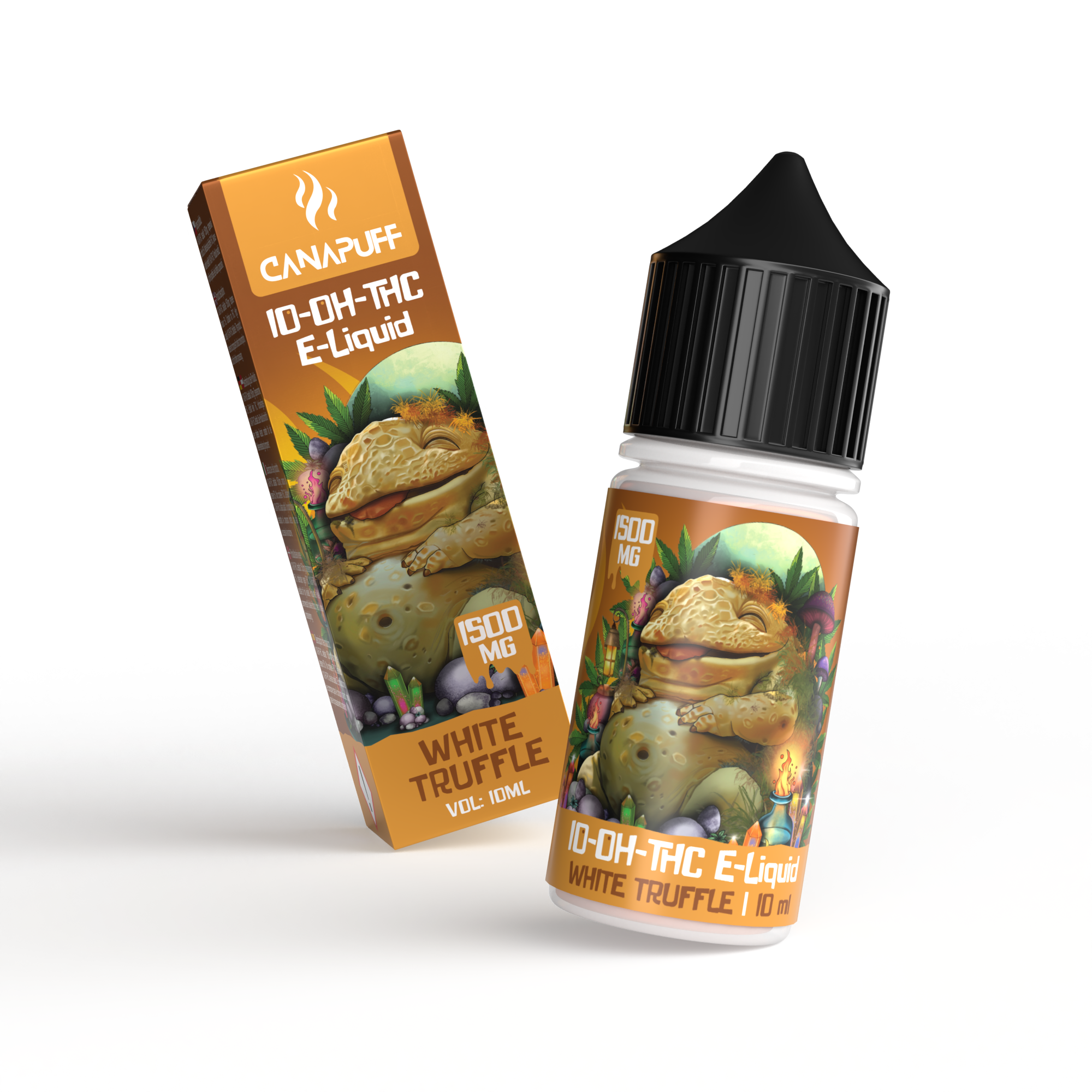
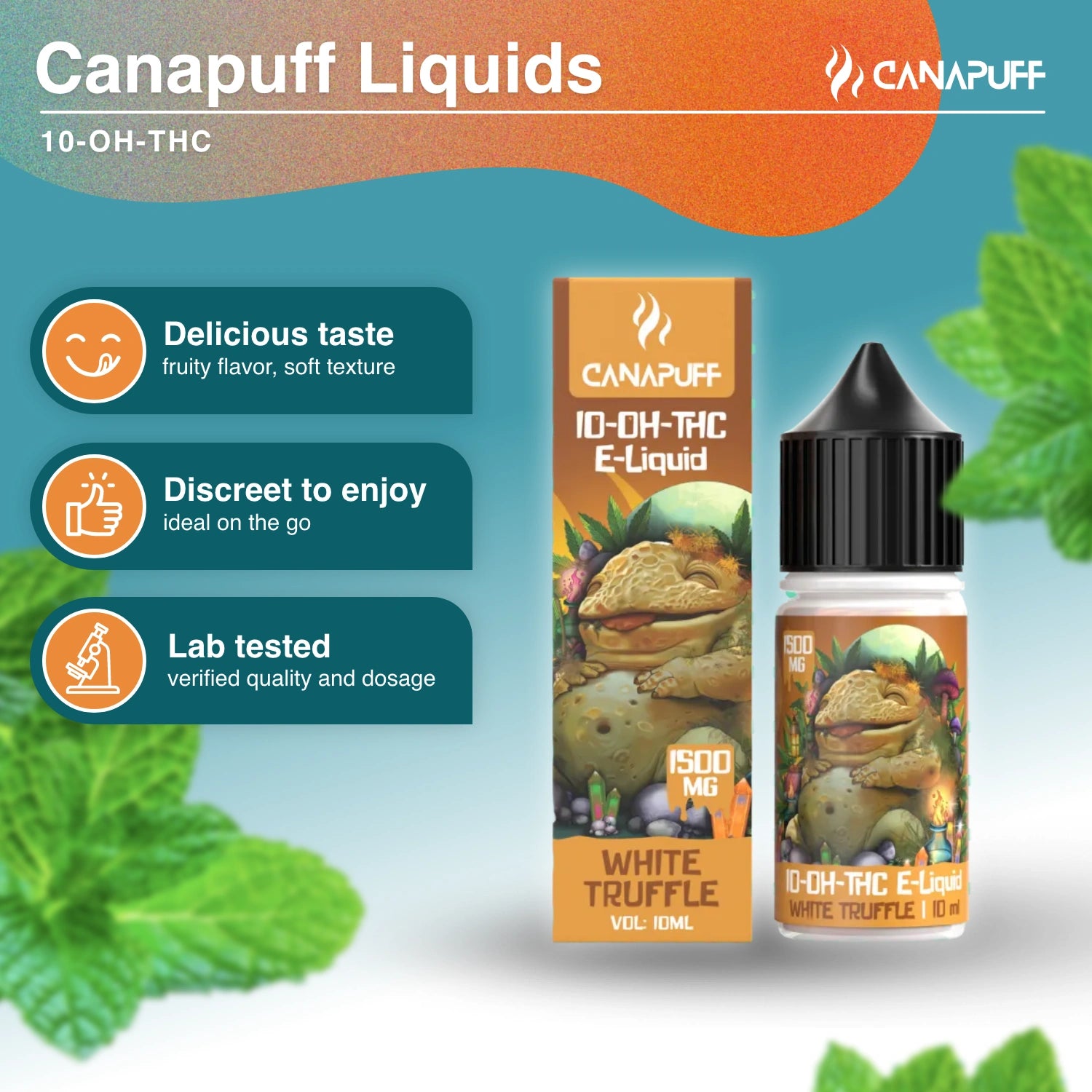
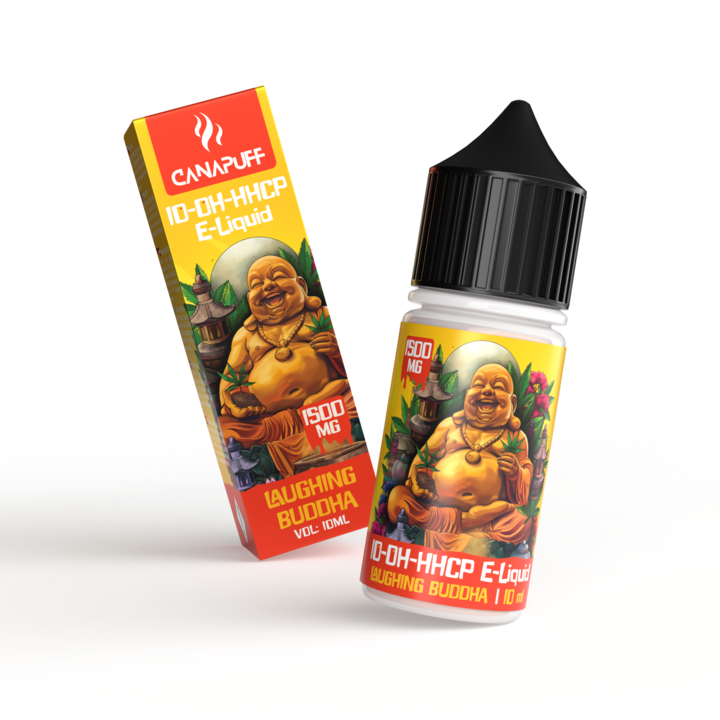

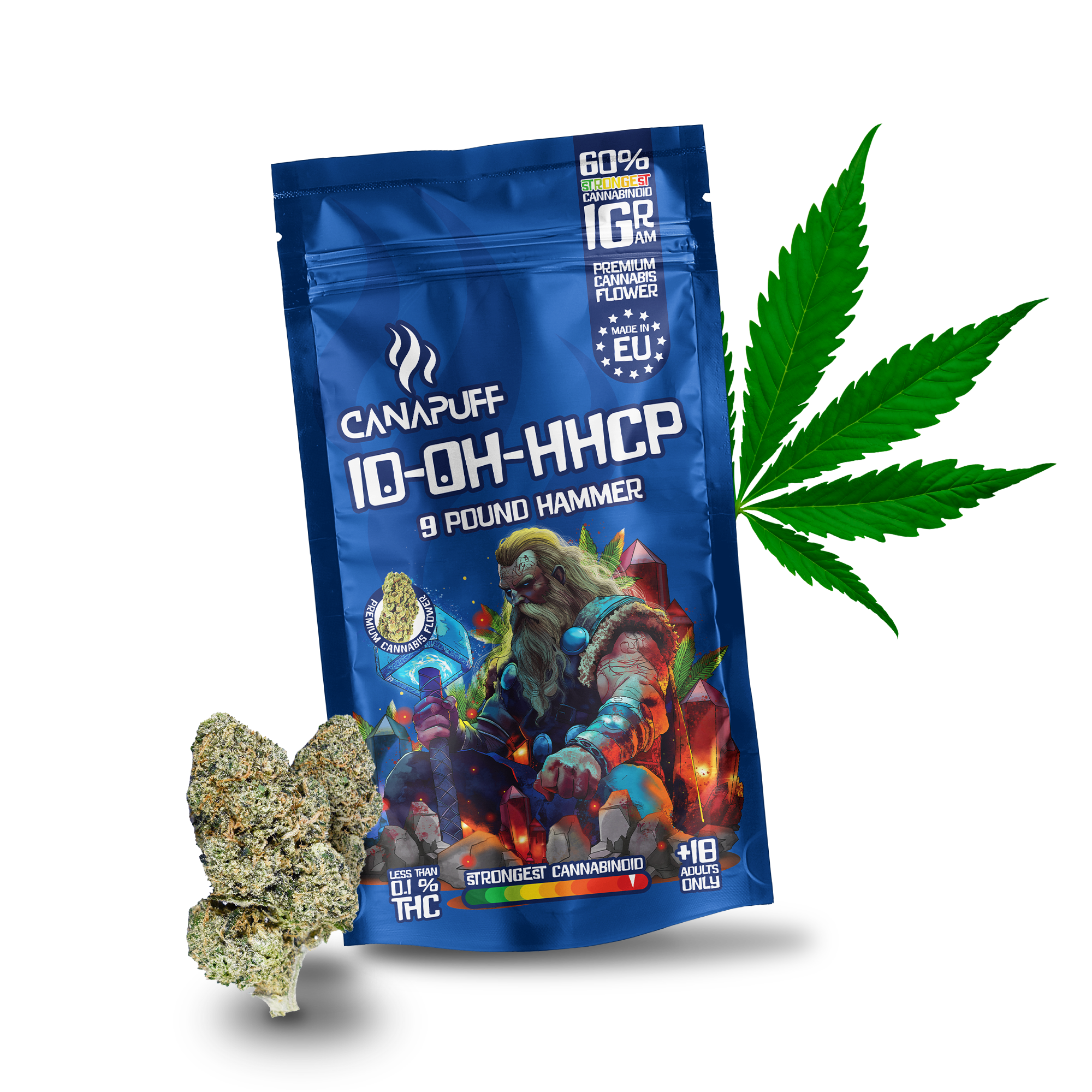
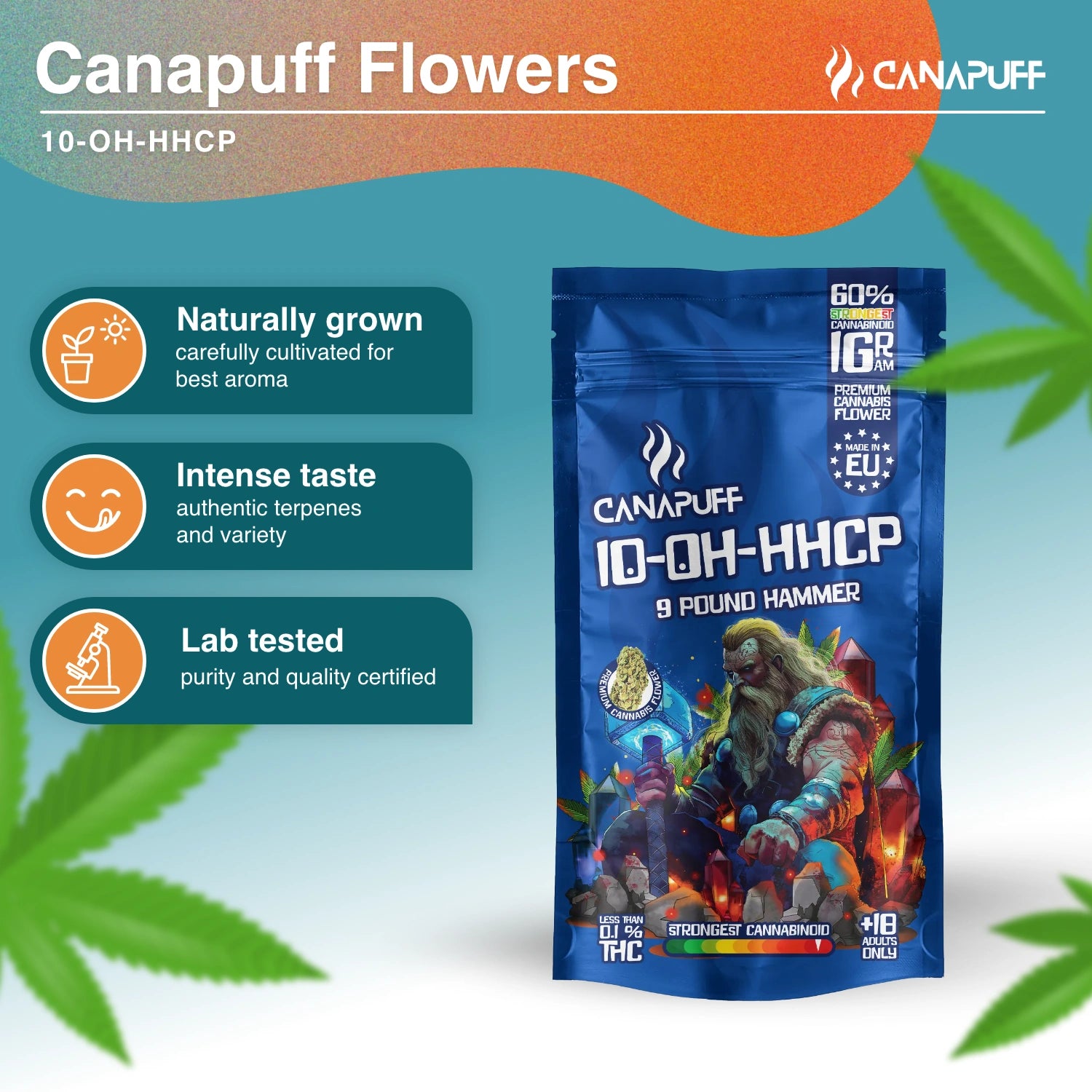
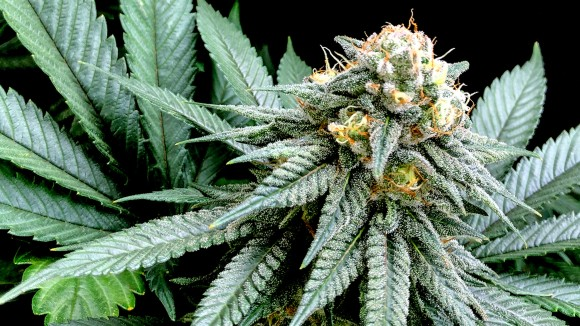
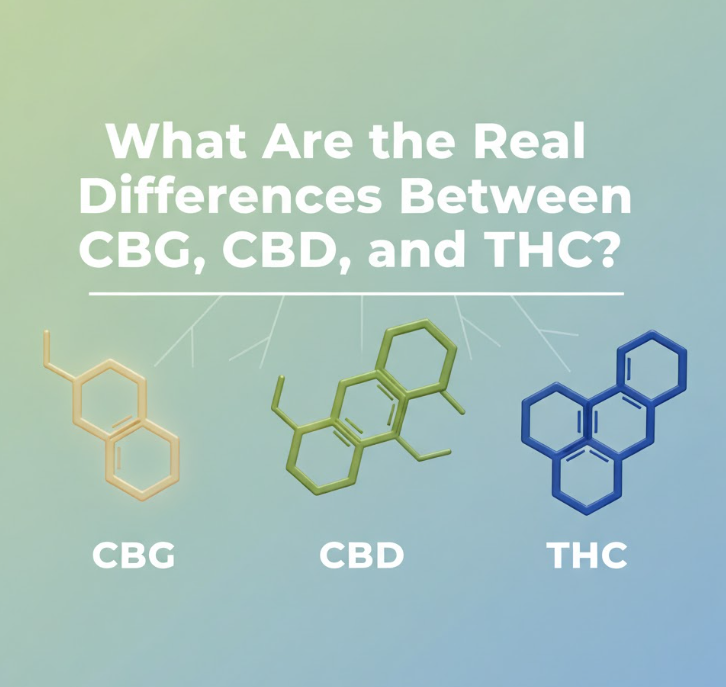
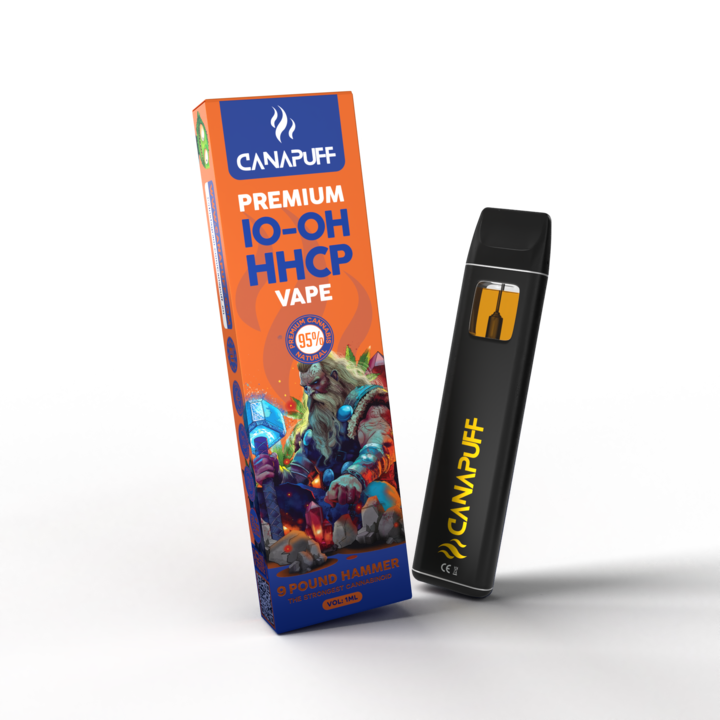
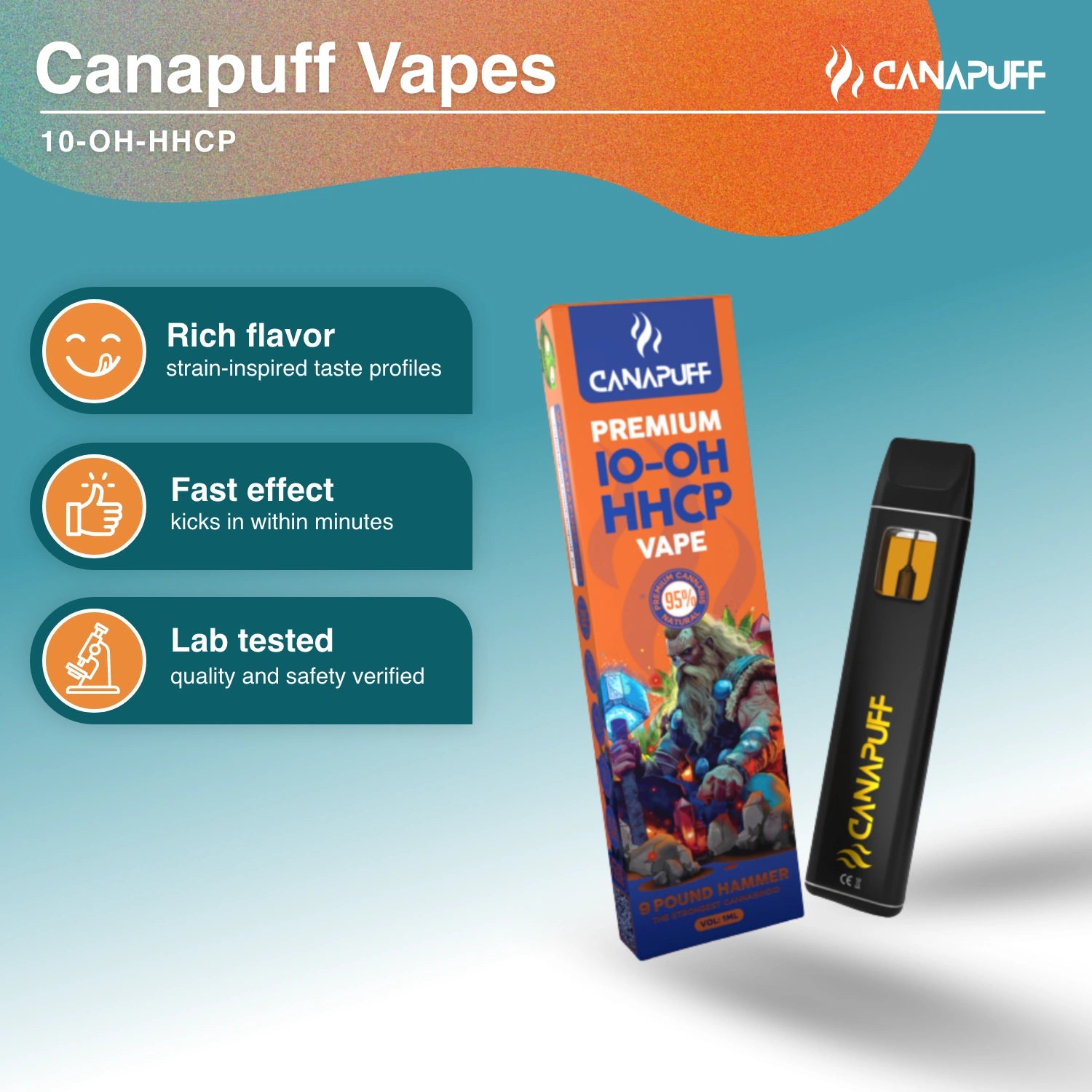


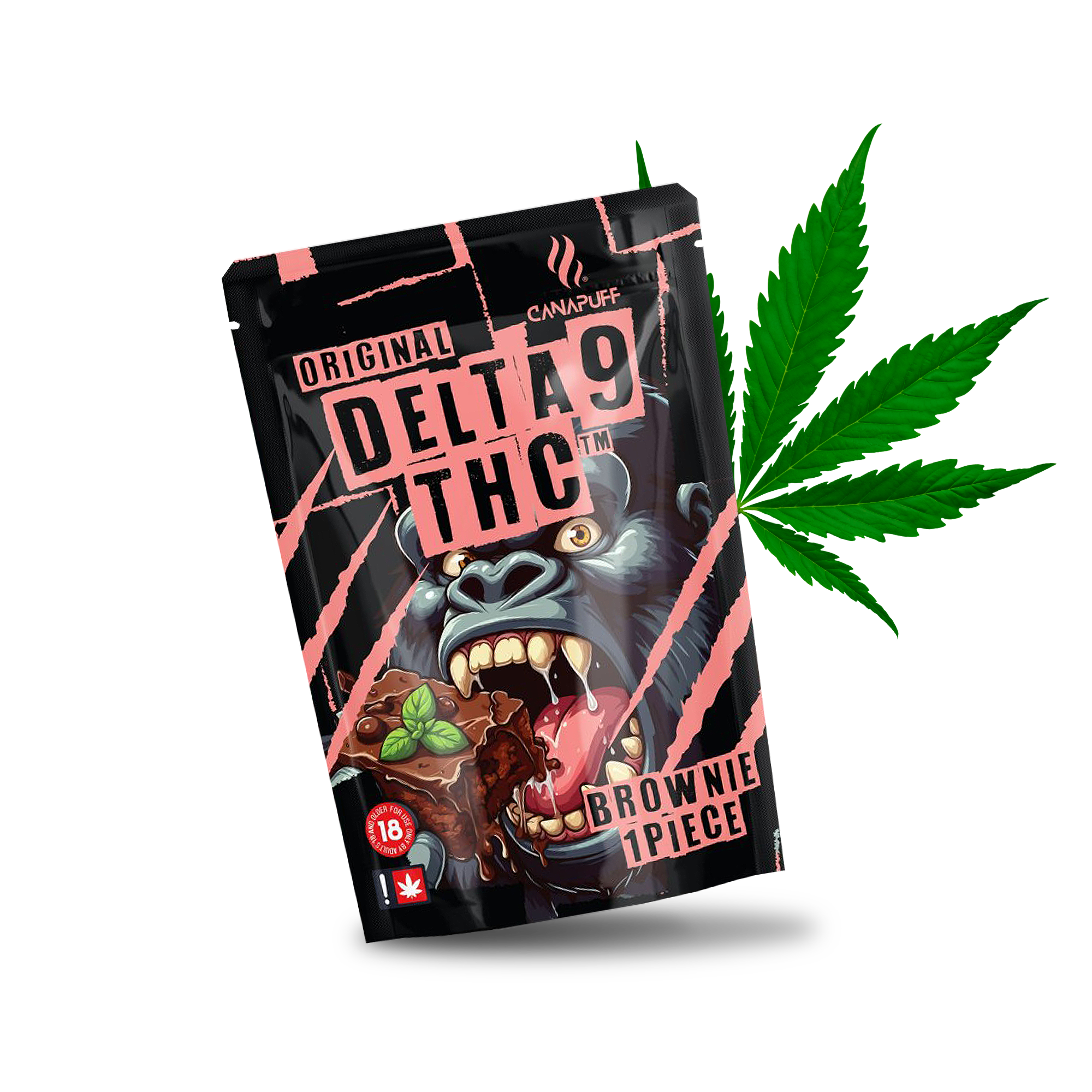







Leave a comment
This site is protected by hCaptcha and the hCaptcha Privacy Policy and Terms of Service apply.